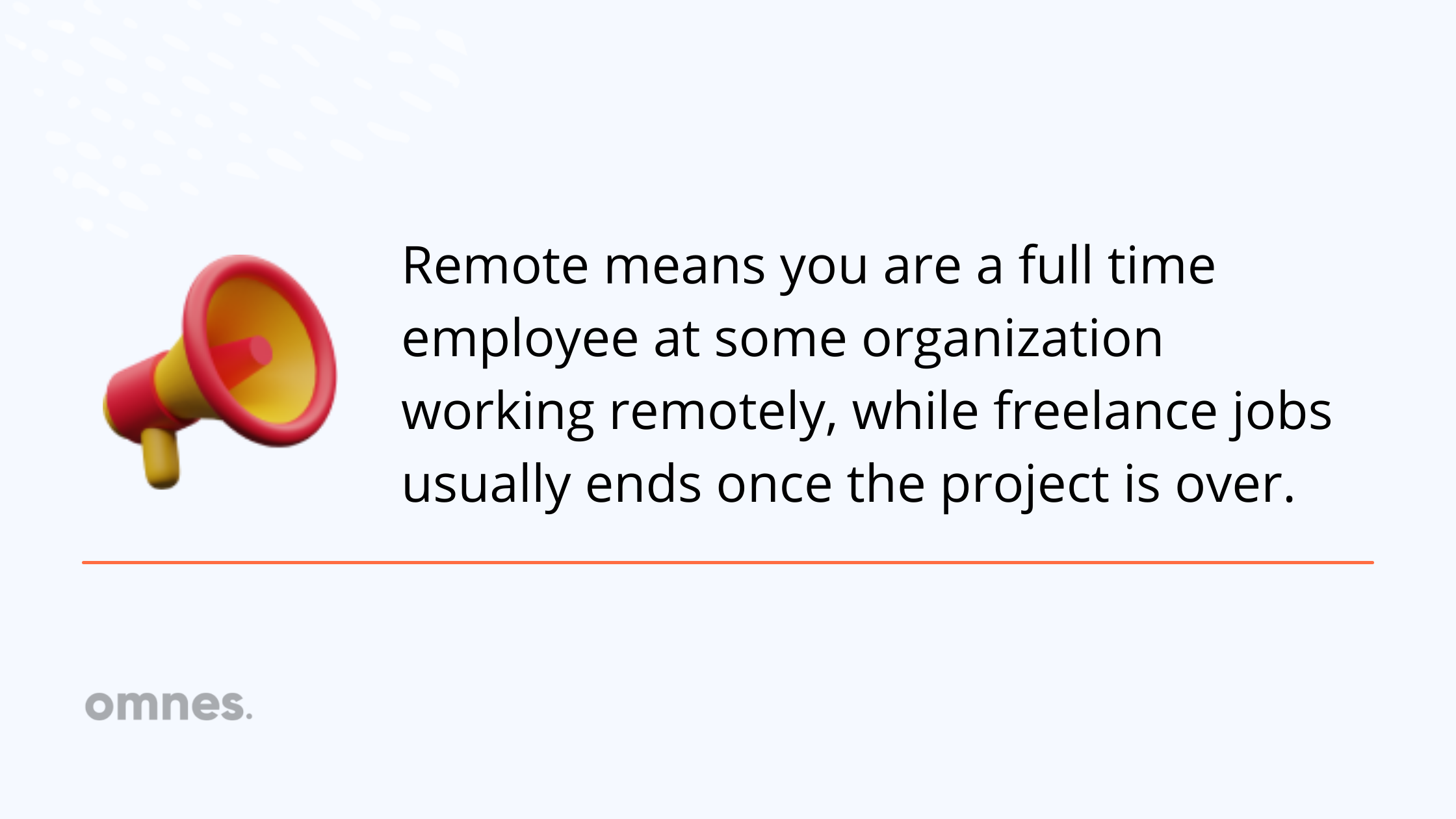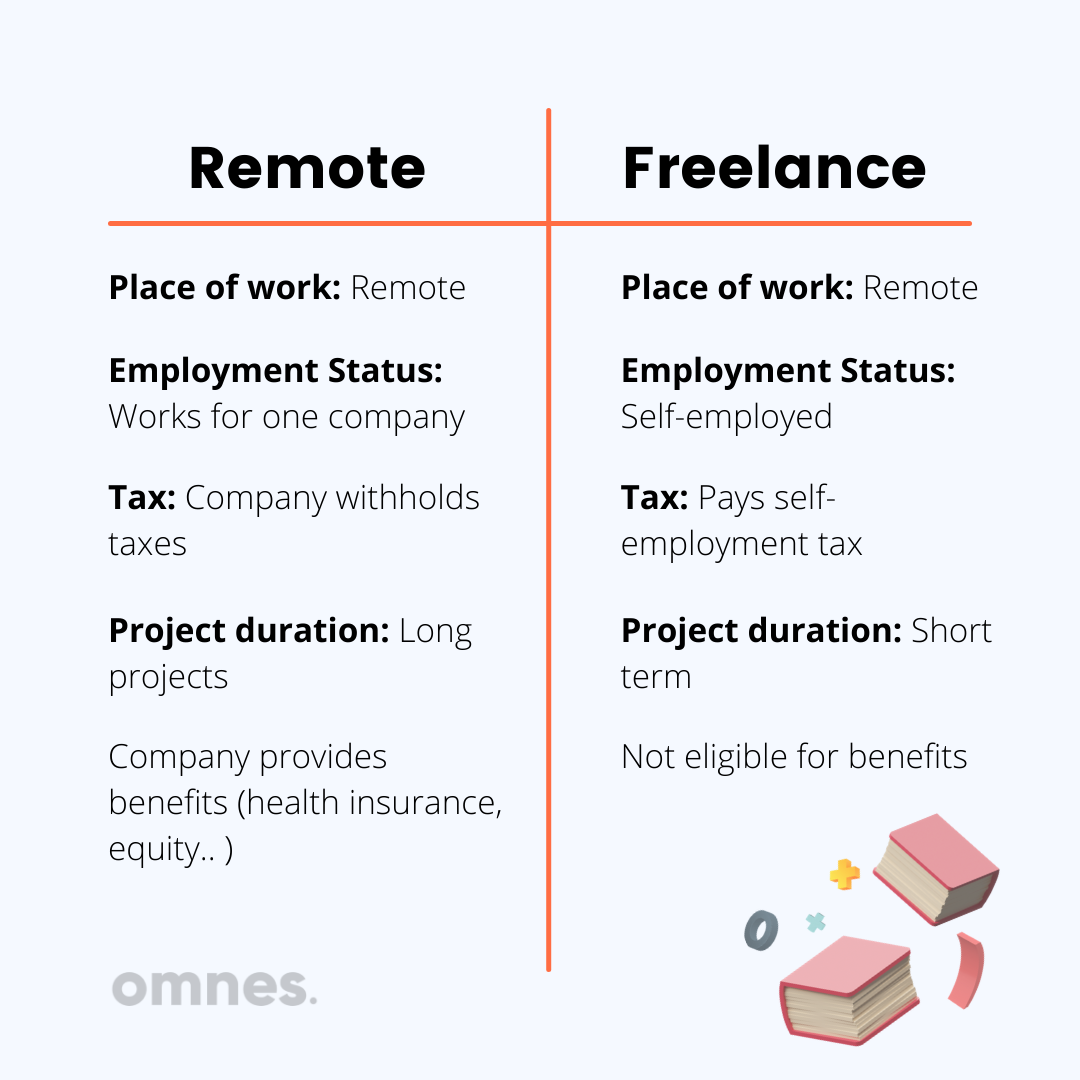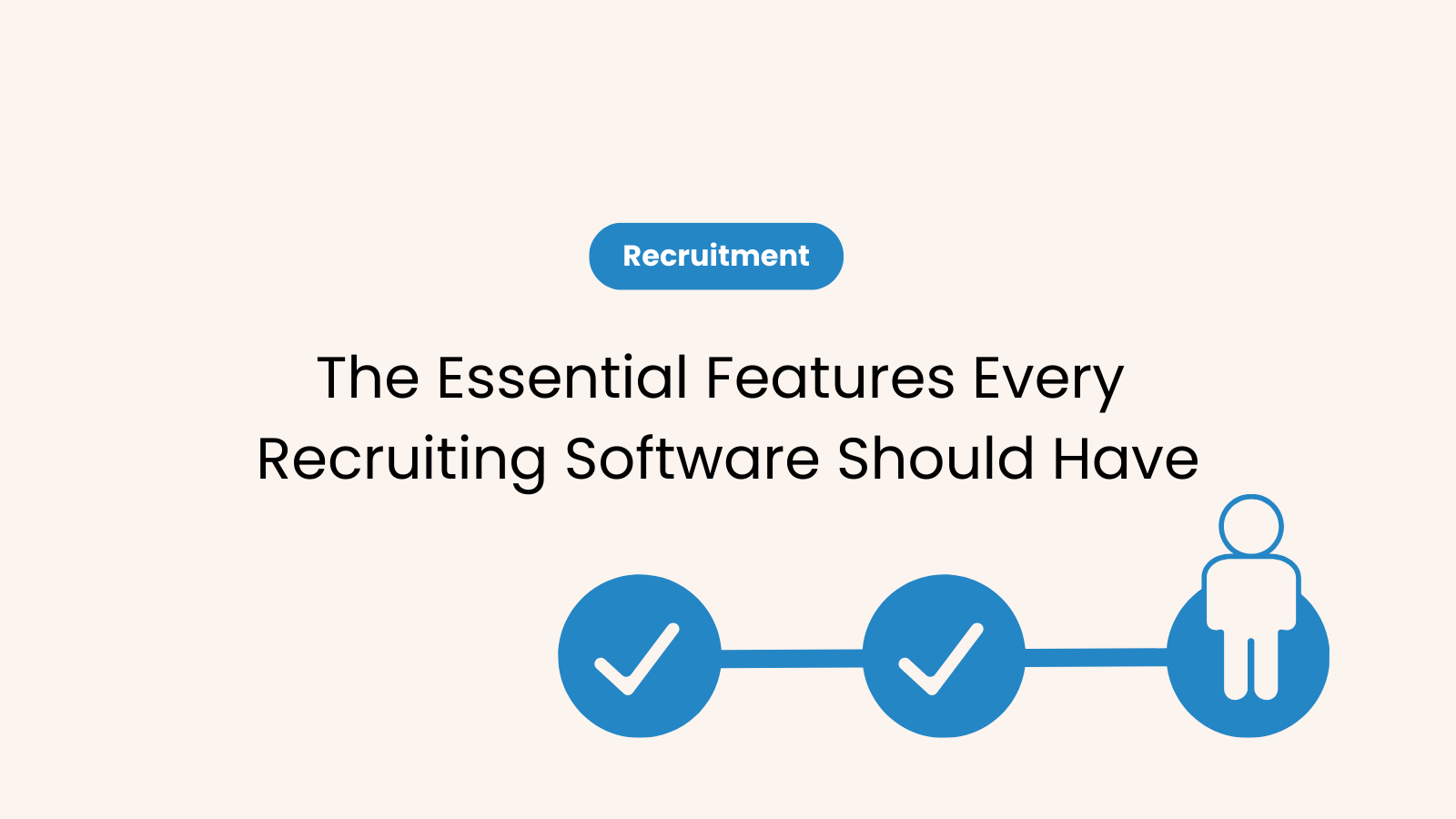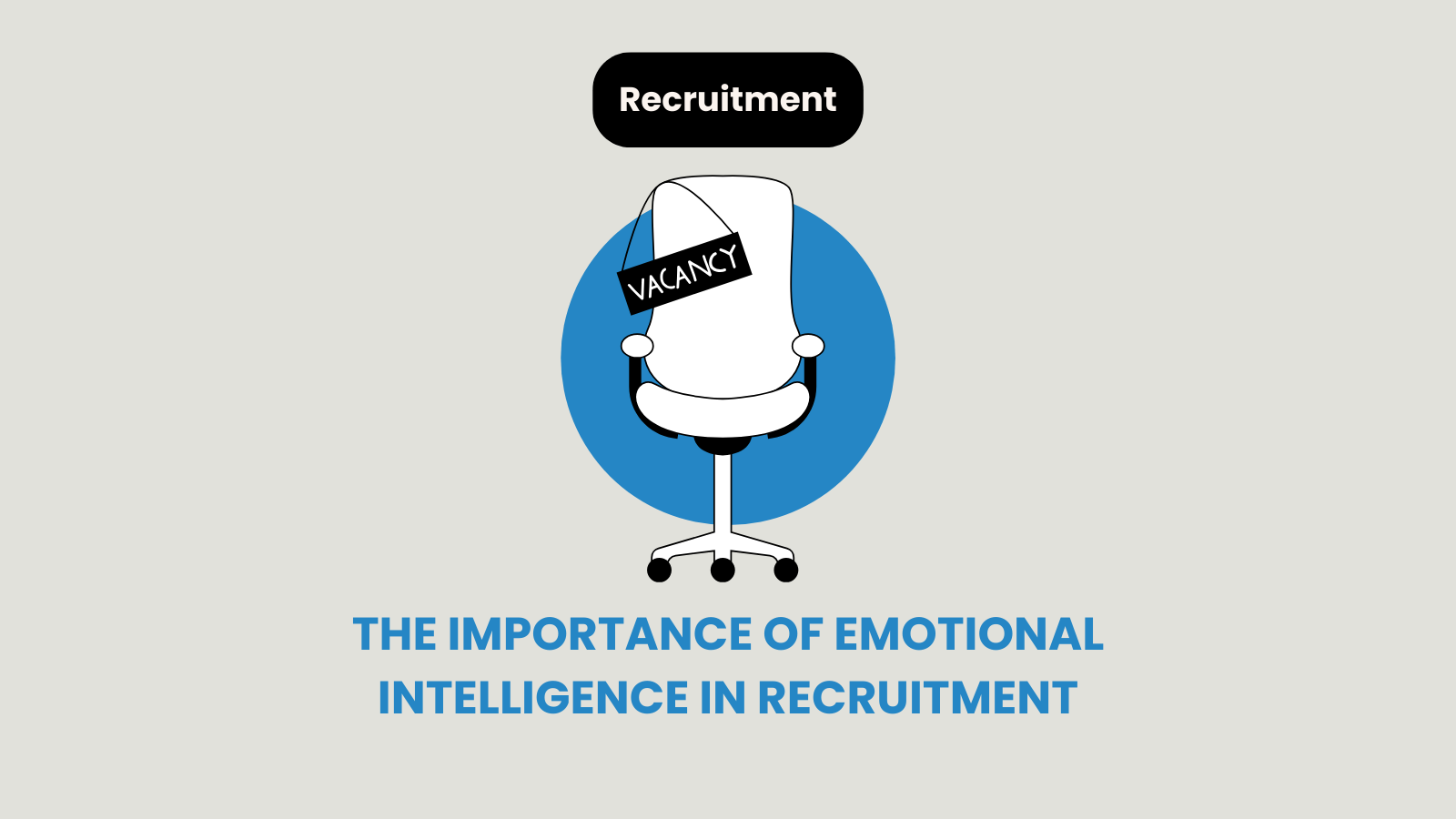This time we’ll focus on similarities and crucial difference between remote and freelance work. Many people struggle while deciding which one would suit them and their lifestyle, while others are just not sure about the accurate meaning of these terms. And who could blame them, it’s hard to tell the difference.
The number of people in favor of remote jobs is increasing fast these days. This type of employment is especially popular among tech related people – developers and other IT experts, but IT recruitment agencies too. It’s no wonder this kind of employment is getting lots of attention and positive reviews because there’s so much good to it. Working from home or from a remote location does necessary require more discipline and lots of planning, and it certainly doesn’t work perfectly for everyone, but it has the goods to back up all of its shortcomings.

One thing is almost axiomatic – all tech talents are looking forward to working from home at least every once in a while, and most of them would gladly try their luck working for a remote client. Many HR departments and recruitment teams can verify the accuracy of this theory. Staffing agencies are often asked by developers and IT experts if they have job openings of this kind.
Remote means you are a full time employee at some organization, while freelance jobs usually ends once the project is over. In both cases, you presence is not required at the office. Remote and freelance jobs are seemingly alike, but there are some pretty significant factors that separate them.
Freelance meaning
Freelance jobs are usually part-time jobs with schedule flexibility. A freelancer is a self-employed individual that possesses a specific set of hard skills to perform a part of a project or deliver the whole project. The most common freelance workers are graphic designer and marketing professionals, such as Social Media Managers.
Remote positions meaning
Remote job refers to full-time jobs done away from the office. If working from home is the first thing that came to your mind – think again. Remote jobs can be done anywhere! Usually, pro-remote companies have core working hours, a time window during the day where all the employees from different time zones can gather and work together. This is how companies that offer remote positions enrich their company culture and make sure everyone is working as a part of the team.
It wouldn’t matter where you are located or what you’re wearing for neither one of these jobs. You are trustworthy and reliable, you have the skills and the enthusiasm, you have a fully functional computer (or another weapon of choice) and the internet access. These are the inevitable premises to succeed working remotely or as a freelancer.
So, both remote and freelance career choices will provide you with a great deal of freedom. But to work remotely actually does mean to be “conventionally hired”. Everything is pretty much regular, there’s a contract involved and the working hours are often implied (probably flexible, negotiable or part-time but still – they’re often mandatory). The only thing that’s excluded from the deal is the office.

✅ Contracts and obligations
A fully remote job means to be hired by a company or an organization. It is a home-based job but it involves constant virtual presence via communication channels like Slack, Skype, Hangouts and sometimes even using employee monitoring softwares, such as Time Doctor.
Although companies don’t require developers that work remotely to physically make an appearance, they do need to be present. Their work would be evaluated from time to time and they would be communicating continuously with everyone working on the project. Just like any employee, you would get an assignments and your responsibility would be to complete successfully.
To be a freelancer does equal to have all the autonomy and liberty to make decisions about projects and/or clients. And this autonomy also means they’re not bound by contracts in majority of cases and they can turn down a job offer at any time.
Freelancers, however, don’t have this type of obligations. Their jobs have nothing to do with working hours, they schedule all of the activities and assignments the way they find convenient. It usually involves fulfilling tasks during a period of time that’s been previously agreed. Once you are done, you are free to move to the next project. And their work is being far less monitored by a client. It’s actually almost the other way around – freelancers sometimes need to present their own ideas to make things work.
✅ The selection process
If you are using platforms like Upwork or Freelancer you know how hard it is to land a freelance job these days. Most of the time, lowest bids win. On the other hand, companies that hire remotely usually have two things on mind:
- do you have the hard skills to do the job and
- can you communicate efficiently within a remote team?
This usually leads to a way more rigorous selection process. You will apply for a remote position and you will have to prove the requirements on interviews, tests and more interviews. Hiring remote team members requires a well structured selection process.
The thin line between freelancing a working remotely lies in the fact that..
Developing a long term relationship with the client on your freelance job may turn into a full time remote position.
Can you tell the difference now?
❎ The Uncertainty
The coolness factor of freelancers’ life is mixed with the uncertainty. They have only themselves to rely on when it comes to finding a client. The source of income might not always be available and this kind of crises is what makes everything shaky and stressful. This is probably the reason why remote job feels more secure and might turn out to be a better option for some.
You will have to plan every single detail. There are those situations that are completely out of your control and can make you look unprofessional. We were coming back from a weekend get away with the idea to have a call with an important candidate during a stop on a gas station. Our car broke down in the middle of highway. We had no signal, so we couldn’t even let the candidate know we can’t make it. We also didn’t have water, but that’s another story. (Please take lots of water when traveling by car).
❎ The Loneliness
The downside to both freelance and remote positions is that people might get lonely or bored at some point. Luckily, these problems are easy to overcome. The trick is to maintain a high level of concentration and dose the amounts of other daily needs and interactions. It just takes time get used to working from home. Once you work out a strategy to be productive and don’t miss out on the fun stuff, you’ve got it all. You’ll do what you like and what you do best and be appreciated by your pen friend boss, even though you’re working from the living room couch with your socks turned inside out or from under a coconut tree.
What’s your story? Would you be interested in working from home or from an unusual location you always wanted to visit?




